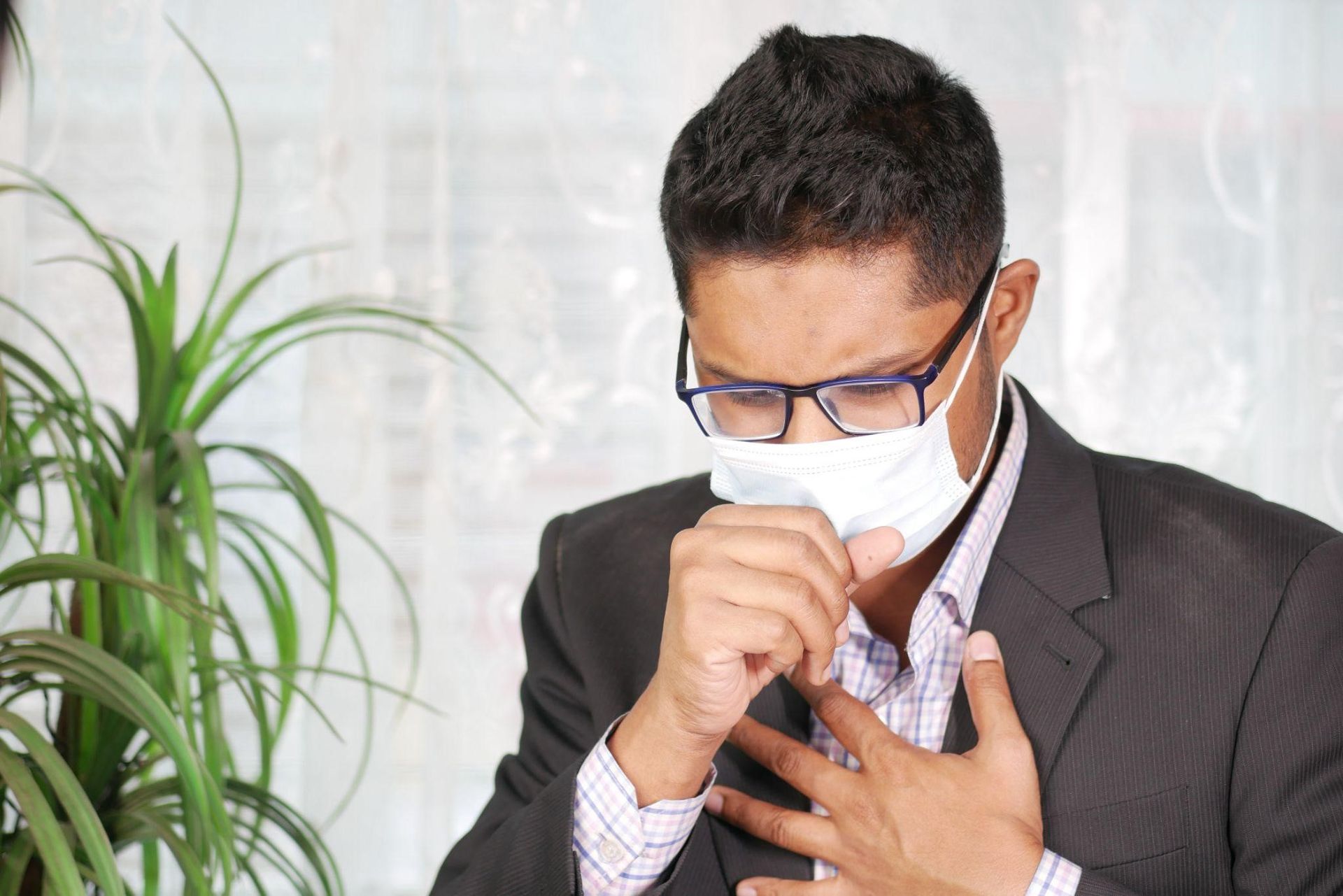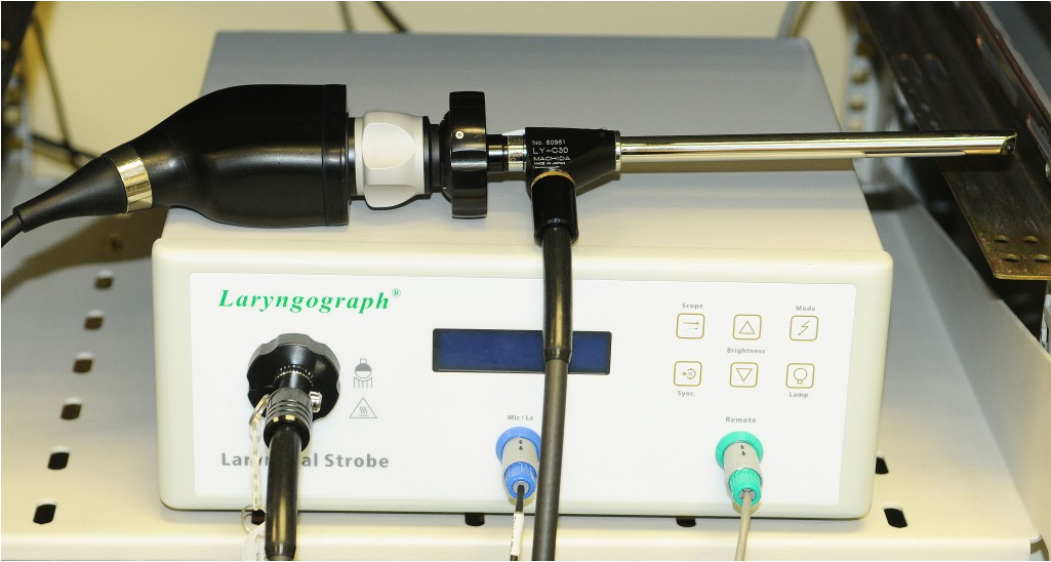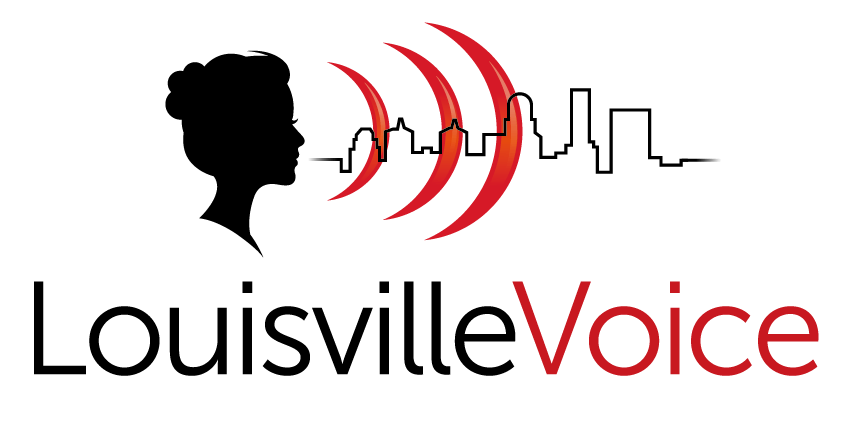What Causes Vocal Strain?
We communicate through speech almost constantly. Whether it be in the workplace, at home or even out with friends, we rely heavily on our voice to convey our thoughts and emotions. However, sometimes we can experience vocal strain when speaking, leaving us feeling hoarse and making it difficult for us to communicate effectively. But what exactly causes vocal strain? In the following blog, we will delve into the primary causes of vocal fatigue and offer practical advice on how to avoid it. Let's dive in and discover what's behind this common issue.
Introduction to Vocal Strain
Vocal strain is a common issue that many people face at some point in their lives. This can be caused by a variety of factors including muscle tension dysphonia, chronic vocal fatigue, inflammation, and vocal abuse. It can also be a side effect of laryngitis or surgery to treat cancer. It is important to recognize the symptoms of vocal strain such as hoarseness or difficulty speaking, and to seek professional help if necessary. Additionally, stress and fatigue can contribute to vocal strain, so it is important to take care of oneself and practice good vocal hygiene. By understanding the potential causes of vocal strain, individuals can take proactive steps to prevent it and preserve their vocal health.
Symptoms of Vocal Strain
Symptoms of vocal strain vary based on the individual's situation and the severity of their vocal abuse or misuse. The common indicators of vocal strain may include:
- Persistent hoarseness
- Weak or lost voice
- Tickling sensation and rawness in the throat
- Vocal fatigue
- Throat Pain
- Changes in pitch or odd sounding speech
Additionally, those experiencing strain may have a sore or dry throat, and they may feel fatigued after speaking or singing. In more severe cases, individuals may experience chronic vocal fatigue, which is characterized by ongoing hoarseness and difficulty producing sounds.
Potential Causes of Vocal Strain
It's essential to understand what causes vocal strain to avoid further damage to the voice. The potential causes of vocal strain include overusing the voice, respiratory infection, acid reflux, cold weather, and smoking. Gastroesophageal reflux disease (GERD) can be responsible for vocal strain, leading to sore throat inflammation. Muscle tension dysphonia, caused by a previous injury to the vocal cords or other medical conditions, can also lead to vocal strain. Infections such as colds or flu can cause inflammation and swelling of the vocal cords, leading to strain.
While stress and inflammation can contribute to vocal strain, the most common cause is vocal abuse and misuse. This can include things like shouting, screaming, or talking for extended periods of time without proper rest. Those who use their voice frequently, such as singers and public speakers, need to take extra care to ensure that their vocal cords remain healthy.
Treatment Options for Vocal Strain
There are several treatment options available for vocal strain, depending on the severity of the condition. Some of the most common treatments include:
1. Rest: Resting the voice is the most effective way to treat vocal strain. This means avoiding speaking or singing for extended periods and taking breaks when necessary.
2. Hydration: Drinking plenty of fluids can help keep the vocal cords hydrated and reduce the risk of strain. Also, avoid excessive amounts of caffeine and alcohol.
3. Vocal Exercises: Vocal exercises can help strengthen the vocal cords and reduce the risk of strain.
4. Medication: Over-the-counter medications such as pain relievers or throat lozenges can help reduce pain and inflammation caused by vocal strain.
5. Surgery: In severe cases, surgery may be necessary to repair damage to the vocal cords.
If an individual is experiencing symptoms of vocal strain for more than 2 weeks, it may be necessary to seek medical attention. Your doctor may recommend vocal rest, medication, speech therapy or vocal exercises to help alleviate symptoms and prevent further damage to the vocal cords.
Conclusion
Vocal strain is a common condition that can be caused by a variety of factors. The symptoms of vocal strain can range from mild to severe and can impact a person's ability to speak or perform certain activities. By being mindful of voice use, staying hydrated, and seeking medical attention, when necessary, one can help protect their vocal cords and keep their voice healthy and strong.
If you experience any issues with your voice, don't hesitate to seek medical attention. Your voice is a valuable asset, so take good care of it!










